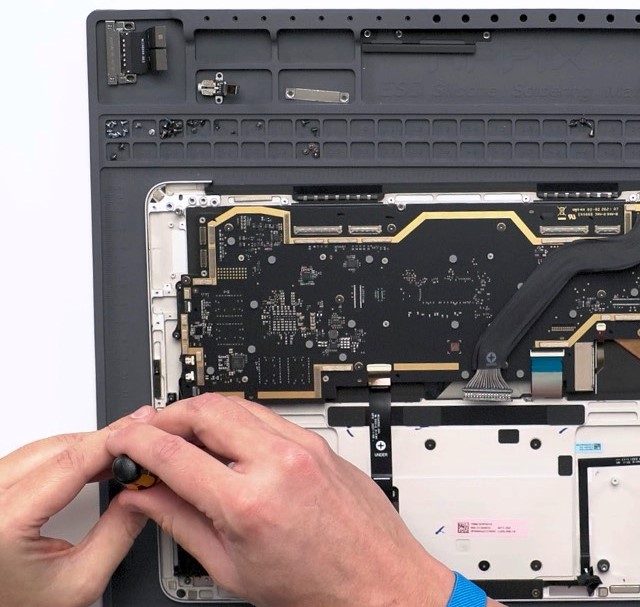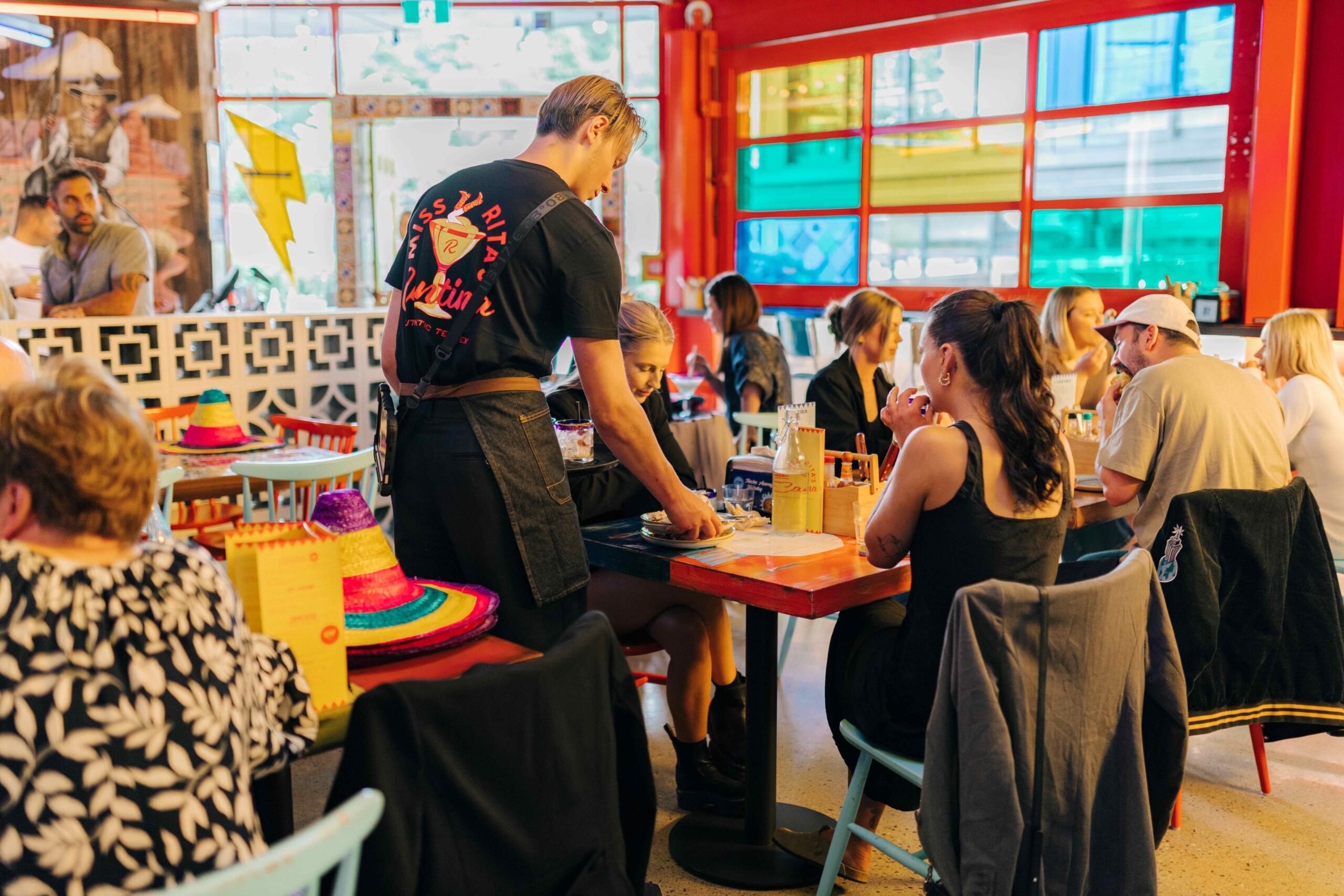More businesses owned and operated by women
New Zealand currently has more women than ever in business and they are having a significant impact on the economy — earning more and employing more staff.
3.3K
New Zealand currently has more women than ever in business and they are having a significant impact on the economy — earning more and employing more staff.
According to the latest MYOB Business Monitor, a survey of over 1,000 SMEs, 41% of small and medium businesses in New Zealand are owned and operated by women.
MYOB national manager, enterprise division, Allison Fairkettle, says although females are still outnumbered by men in terms of business ownership, the increase of women in business is incredibly positive.
“Three years ago, only 37% of SMEs were owned by women, so it’s great to see that a growing number of women are running their own businesses.
“Not only are they paving the way for more females to do the same but they are also having a positive impact on the wider economy,” says Fairkettle.
The Business Monitor highlighted that on average, females employ more staff than males — 33% of females have one or more employees, while only 29% of males do the same.
“This is fantastic news for local job seekers,” says Mrs Fairkettle. “Although numbers have been rising recently, New Zealand’s current job market can benefit from more women in business who, according to our survey, are more likely to employ staff.”
Examining where women choose to run their businesses, the Business Monitor revealed that rural New Zealand has a strong appeal for women, with 25% of females in business working in rural areas compared to only 19% of male business operators.
Due to the rebuild, Christchurch has become the engine room of the country’s economy and is the main centre with the smallest gender gap for SME operators.
“41% of Christchurch SMEs are owned and operated by females, compared to 39% in Auckland and 37% in Wellington.
“Last year, the Business Monitor revealed that businesswomen in Christchurch were disproportionately affected by the earthquakes reporting a higher revenue loss than males and lower levels of optimism.
“Despite the challenges of the earthquakes, its great to see so many women in Christchurch still owning, running and starting new businesses,” says Fairkettle.
Some regional areas show even stronger representation of women in business, with 57% of businesses in the Waikato owned by women, 51% in Northland, and 50% in the Bay of Plenty. In Manawatu-Wanganui, however, just 19% of SMEs are owned by women.
In addition to a growing representation of women among business owners, the Business Monitor highlighted that women are now earning just as much, if not more, than men in business.
A higher number of women are reporting higher revenue gains in the Business Monitor (33%) than men (31%), while fewer are reporting losses (25% of women in business compared to 29% of men).
“The Monitor also shows that a higher percentage of businesses operated by females earn revenues of more than $200,000 a year,” says Fairkettle. “This is despite the fact that on average female business owners work 5.5 hours a week less than males – an indication perhaps that women are finding ways to work smarter in their business.
“Overall, it’s inspiring to see that more women are establishing their own highly successful businesses and that they are having a positive impact on the local economy by doing so.”




